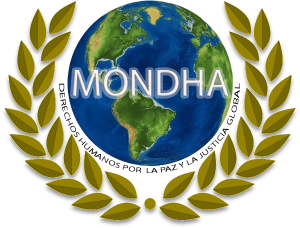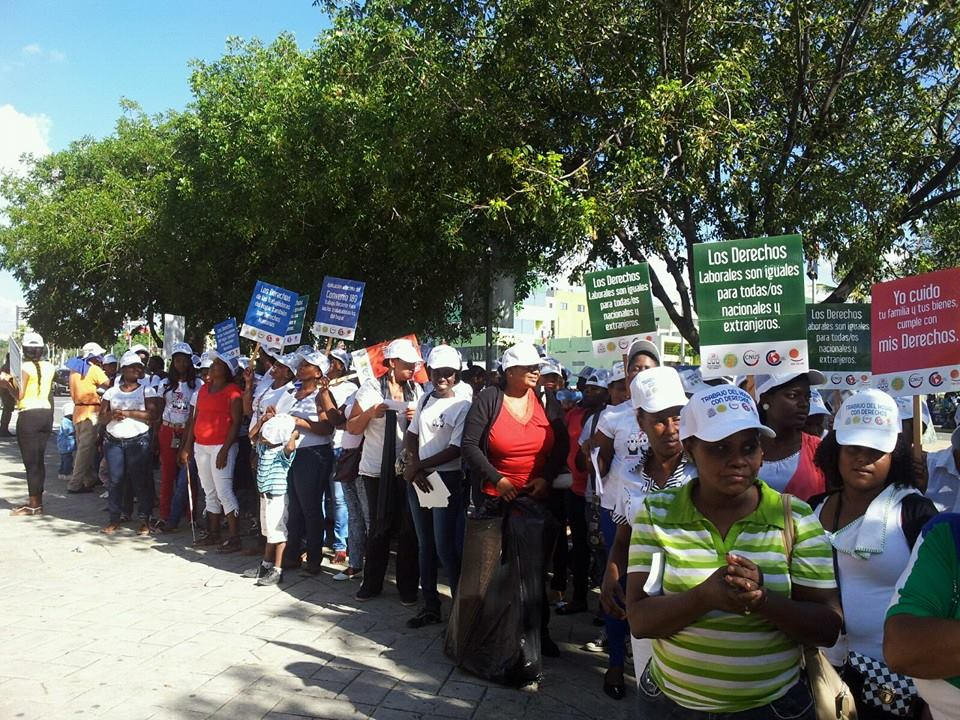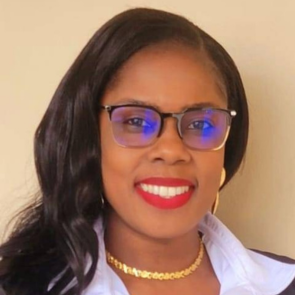
The Movement for Human Rights, Peace and Global Justice (MONDHA)
The annual Front Line Defenders Award for Human Rights Defenders at Risk was established in 2005 to honour the work of HRDs who are courageously making outstanding contributions to the promotion and protection of the human rights of others, often at great personal risk to themselves.
The Movement for Human Rights, Peace and Global Justice (MONDHA) is a non-governmental organisation (NGO) founded in 2005 with the aim of improving the living conditions of vulnerable communities, with a particular focus on women and young people in these communities.
MONDHA's work is particularly strong in support of people of Haitian descent. To achieve this goal, they implement human development programmes related to community health, legal aid, human rights and education for communities and people of Haitian descent. MONDHA's work also includes national and international activities, research, exchange projects, publications, cooperation, environmental issues, conferences, seminars and workshops. The organisation seeks to integrate a perspective on insular harmony and gender on all aspects of their work.
To date, MONDHA has helped more than 10,000 vulnerable Haitian people obtain their identity documents in the Dominican Republic: the first step towards accessing rights in the neighbouring Caribbean country. Founded by Haitian migrants in 2005, The Movement for Human Rights, Peaceand Global Justice (MONDHA) was created in response to the context of structural discrimination and racism towards the Haitian migrant population and Dominicans of Haitian descent in the Dominican Republic.
From teaching an 80-year-old woman to read and write in three months, to monitoring raids and deportations of migrants in detention centres and border areas between Haiti and the Dominican Republic, MONDHA paves a way and provides opportunities for the people they support to live a normal life. Their work has supported peasant workers, construction workers, informal traders, Haitian women working on sugarcane fields, and more. They are more than an administrativesupport centre, they are a centre of empowerment and transformation.
MONDHA does not fight only for rights, but ‘’for a world whereliving with dignity is not a privilege, but a guarantee.”
However, MONDHA’s relentless defence of human rights comes at a price. In the Dominican Republic, the organisation’s members face multiple layers of risk. First, the risk of detention and deportation due to their immigration status as Haitians - if they were declared personae non gratae (unwelcome people in he country) and deported to Haiti, where corruption and lack of governance has become the reality, they are at risk of losing their lives or being forcibly disappeared due to their human rights work. But even if they remain in the Dominican Republic, some face constant fear and stress. They endure racial discrimination which is often heightened when it is known that they are human rights defenders working to protect Haitians. This carries into the online space, where they face defamation and smear campaigns painting them as “subversive”.
The organisation itself is also at risk of having its institutional status questioned and discredited by Dominican authorities. It has had to close its doors for a period of time due to significant threats which MONDHA members received.
The psychological burden of their work, having to often witness the Dominican government order bulldozers to destroy the houses of the people they support, is something that weighs heavy on them. Sometimes, they have to watch entire families be deported. Sometimes, they have to watch how migrant women who just gave birth are persecuted and deported. Nonetheless, they keep helping others with a smile and continue their work in the hopes of reducing the likelihoodof these horrible situations recurring for others.
The impact of MONDHA’s work is widespread, having the impactof a movement. Several of the people MONDHA supported are now human rights defenders themselves, demonstrating their abiliity to not only support others but empower them to become leaders themselves. MONDHA’s human rights training has also introduced new spaces to talk about diversity, inclusive language, and the LGBTIQ+ community openly, even in churches. They are inspired by the people they support and who have decided to join their cause.
Despite the constant risk they face and the emotional impact their work entails, MONDHA has been working for 20 years- and continues to do so - for their greatest inspiration tocontinue their human rights work: the people they support.


